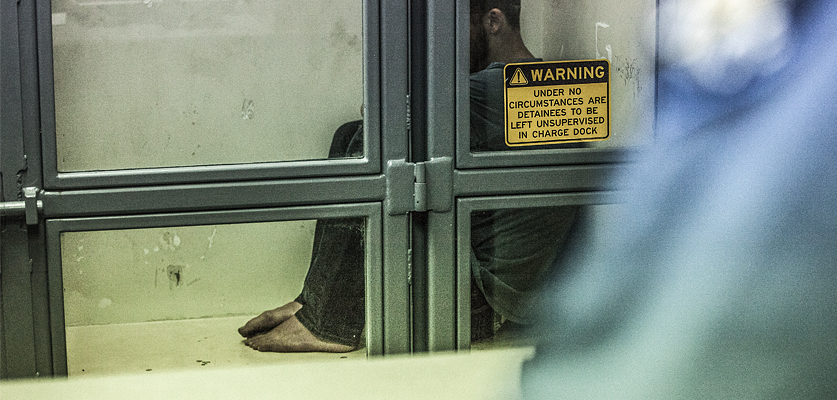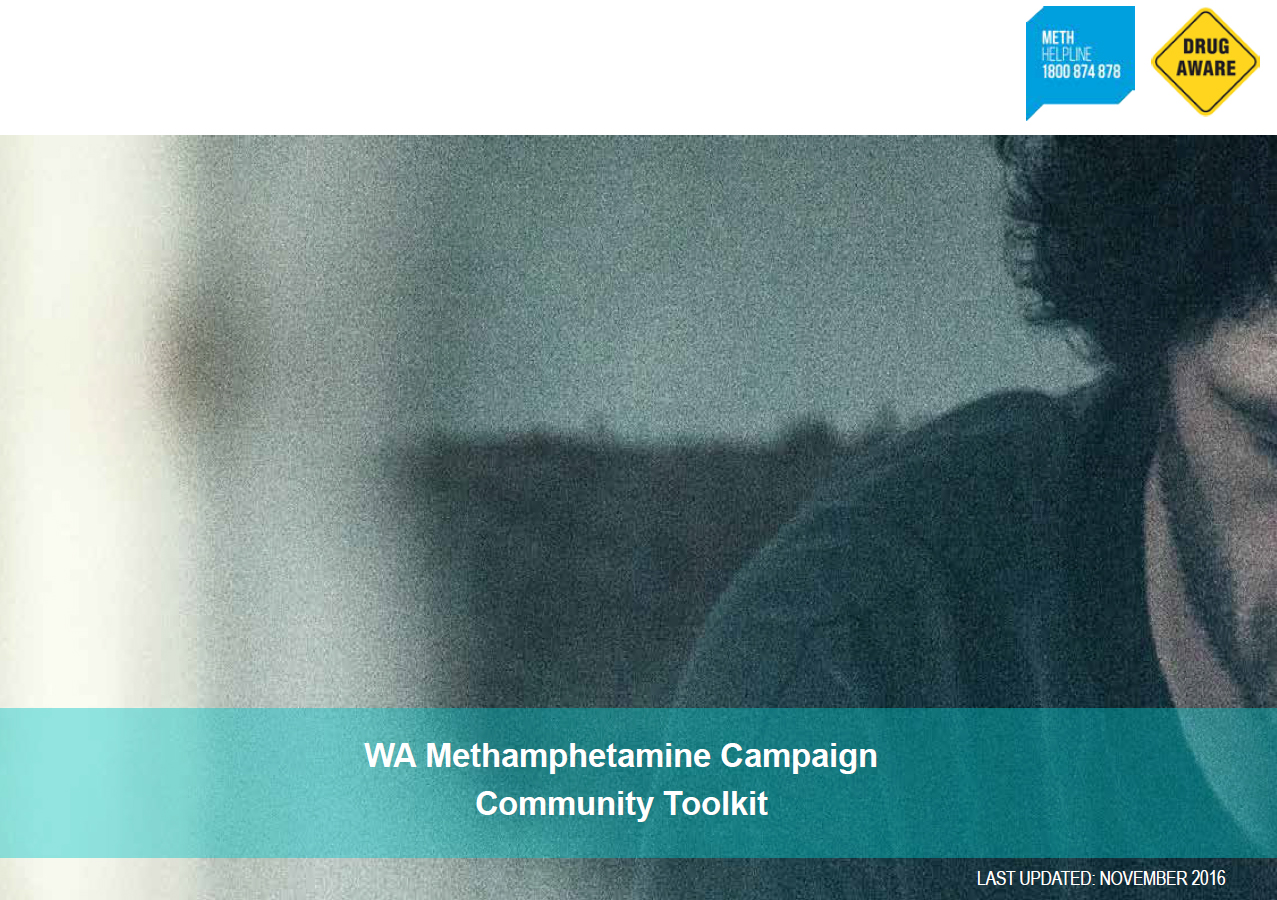Meth Can Take Control
The campaign aims to prevent and delay the uptake of methamphetamine use and stop use.

Meth/amphetamine use has been declining over the past ten years, most people don’t use, and even fewer people use regularly. However, people who do use are using a more potent form, methamphetamine, and using more frequently, which is resulting in a greater level of harm being experienced.
Methamphetamine related harm is a significant problem for those affected by its use and those close to them. Treatment is available and is being accessed by more people – and it is free.
The overall aim of the Drug Aware Methamphetamine Education Campaign is to prevent and delay the uptake of methamphetamine use and stop use.
The Drug Aware 'Meth Can Take Control’ prevention campaign launched on 13 December 2015.
The Campaign is based on real stories and experiences of people across Western Australia who shared their experiences so they could help others stop meth taking control. The people who have shared their experiences and stories have not been used in the advertisements in order to protect their identity.
The campaign materials have been developed with the support of the Methamphetamine Campaign Expert Advisory Group and tested amongst the target audience to ensure credibility and believability of the materials, and to ensure the advertisements do not normalise the use of methamphetamine.
The following people and organisations are gratefully acknowledged for their support in the development of the campaign:
- People who have shared their stories of how methamphetamine has taken control of their lives
- Parents involved in the focus testing groups
- Target audience involved in the focus testing groups
- WA Police
- Royal Perth Hospital - Emergency and Speech Pathology Departments
- St John Ambulance
- National Drug Research Institute
- Cyrenian House
- WA Substance Users Association
- Next Step
- Alcohol and Drug Support Line
- Parent and Family Drug Support Line and other parent volunteers.
Key message
- Methamphetamine use can impact your whole life.
- There are mental health, physical health, social and legal consequences from methamphetamine use.
- Help is available if you or someone close to you is experiencing problems with methamphetamine use.
Target group
Primary: 17 to 25-year-olds at risk of, or trialling, methamphetamine use.
Secondary: Parents, family and friends of methamphetamine users.
Campaign objectives
- Increase awareness and knowledge of the potential health, social and legal consequences of methamphetamine use.
- Increase the salience of the potential risks associated with methamphetamine use.
- Increase access to support services at an early stage.
Campaign videos
THE LAW
RELATIONSHIPS
Campaign radio
Prevention
- 30 second radio - 'Initiation'
- 30 second radio - 'More regular use'
- 30 second radio - 'Job loss'
- 30 second radio - 'Family'
- 30 second radio - 'Mental health'
- 30 second radio - 'Crime'
- 30 second radio - 'Stroke'
Help
Expert videos
Campaign podcasts
Real Stories
See the real stories page to read about the experiences of Western Australians who's lives have been affected by meth.
Posters
Factsheets
- Methamphetamine and the Law (PDF) - for information on illicit drug laws and the possible legal consequences of meth use.
- Methamphetamine and Mental Health (PDF) - for information on methamphetamine and depression, anxiety and psychosis.
- Methamphetamine and Physical Health (PDF) - for information on methamphetamine and it's impact on the body and how it can lead to stroke.
Wallet cards
Toolkit
A Community Toolkit has been developed as a resource for communities who have identified methamphetamines as an issue in their community.
This toolkit supports the key messages of the statewide methamphetamine campaigns, and provides professionals and community groups with strategies for addressing methamphetamine-related harm locally.

User Journey
The target audience is encouraged to visit the Amphetamines section of the website for information.



